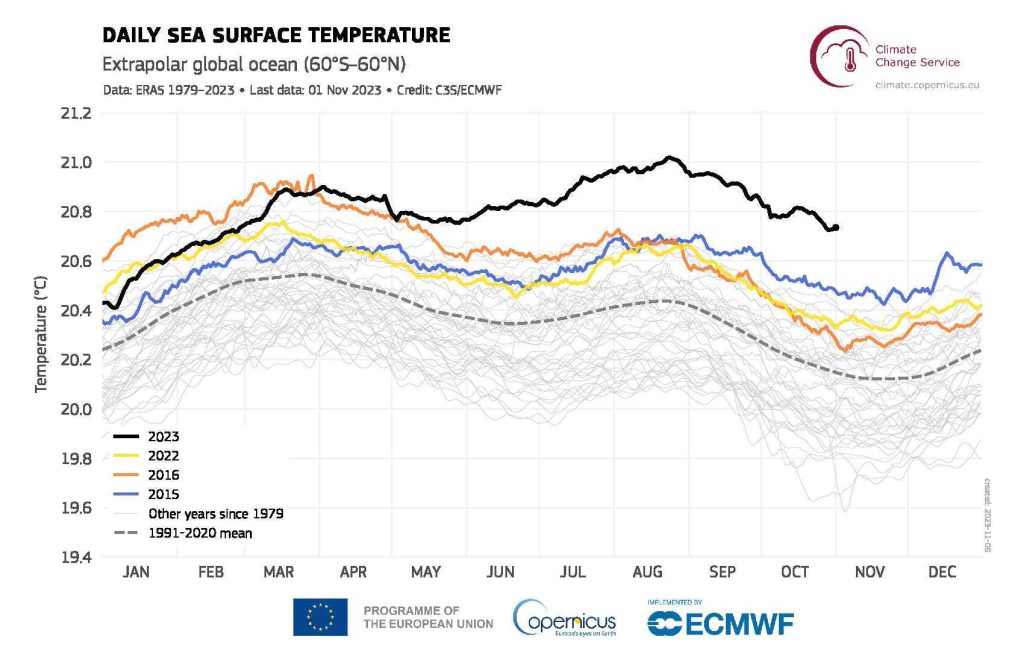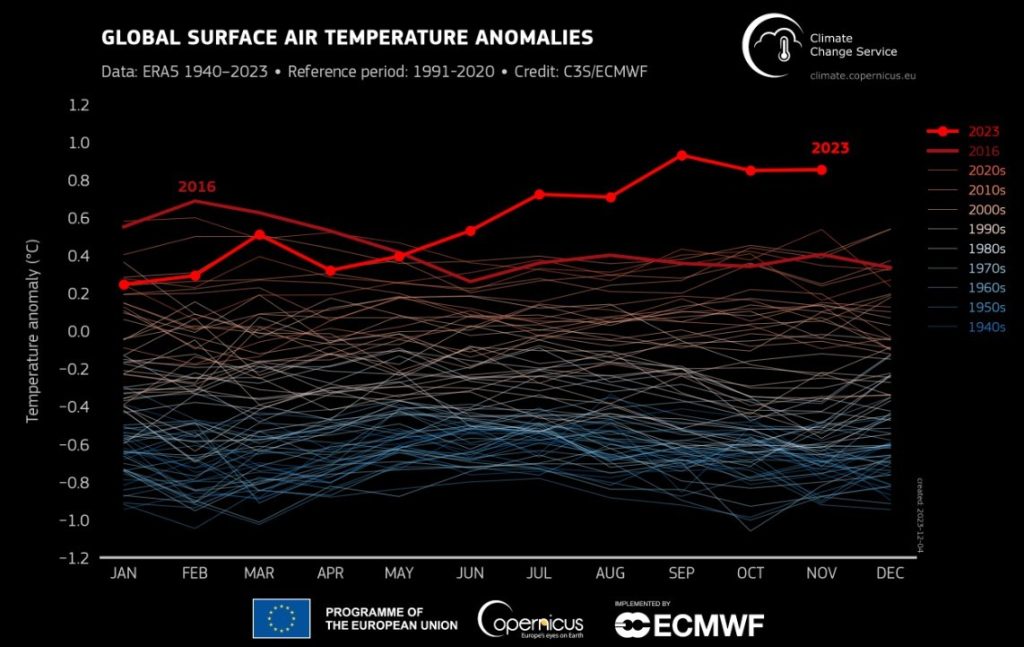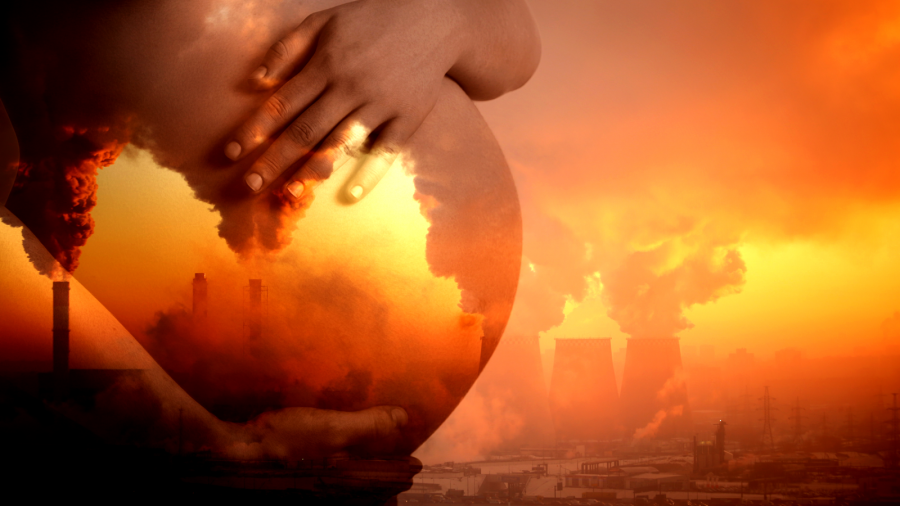IT’S easy to delay doing something, or just not do it at all. And that can be the case with climate change. There are many reasons why people don’t take action. Some of them might be popping into your head.
This article, though, is about the measures you can take to reduce your greenhouse gas emissions and encourage politicians and companies to do more. Some measures are easier than others and it doesn’t mean you’re going to change the world. None of us are perfect.
You might already be taking action or have reasons to – your children are nagging you, you want to protect your local park, or your neighbours and friends are doing their bit (and bang on about it given the chance). You might have seen seen a documentary that’s left a mark on you, or live in a low-lying coastal town which is vulnerable to rising sea levels, or just be plain worried about where we’re heading.
Sometimes it just feels good to do something. And with climate change, counter-intuitively, not doing something can also really count. More on that to come.
Numerous organisations offer advice about what part individuals can play. One of them, the Grantham Institute at Imperial College London, has come up with nine actions. “We often get approached by members of the public asking what they can do about it (climate change),” said Dr Neil Jennings, from the institute, which specialises in climate change and the environment. “We contacted our researchers and asked them to say what the main things were that people could do.”
The nine measures published on the college’s website aren’t ranked in any order of importance. There are reports, graphs and further reading for those interested in digging deeper. The nine actions explored below are:
Make your voice heard by those in power: tell your local MP, Senedd member and councillor that you think action on climate change is important. It won’t cost you a penny.
Eat less meat and dairy: the institute said this was one of the biggest ways to reduce your environmental impact, especially cutting down on beef, and then lamb. It said diets which were more plant-based and high in fibre tended to be cheaper and better for your health. But it is also the case that beef reared in Wales, for example, has a lower emission impact than cattle-ranching in the Amazon, which is responsible for around 80% of the rainforest’s destruction. You could put forward an argument, though, that a lot of Welsh woodland was cleared a long time ago to expand agricultural land. Farm practices such as feed, pasture management and manure management can also be key drivers of livestock impacts on the environment. Note, dark chocolate and coffee also have a large environmental footprint.

Cut back on flying: as much as we crave holidays abroad, and should have a holiday, flying comes with environmental baggage. The institute said greenhouse gas emissions for a flight from London to Amsterdam were nearly 20 times higher than the same trip by train. Its researchers found an advance single train ticket between the two capitals costing just £35. If you do fly, said the institute, consider paying a little extra to offset the emissions.
Walk or cycle more: leaving the car at home is often impractical but many shorter journeys can be done on foot or two wheels. And you might well feel better for getting out and about. Of course, you might also be breathing in polluted air from car exhaust fumes (as will drivers) but you will be reducing that pollution. The inevitable growth in electric cars will cut exhaust pollution but until then, when driving, keeping your tyres pumped up and making sure your car is serviced will make it run efficiently and trim your fuel bill.
Reduce your energy use and bills: turn the “flow” temperature of your boiler down (it’s the temperature your boiler heats water to before pumping it to your radiators) and, if comfortable to do so, stick an extra layer on and turn down the heating by a degree or two. UK Government advice is that 18C is fine for suitably-dressed healthy people. Block up draughty gaps but maintain some ventilation to reduce condensation and damp. Installing loft insulation 270mm thick is one of the most cost-effective ways of reducing your heating bill.
If you have the money you can spend a lot more money making the fabric of your home better at retaining heat in the winter and keeping it cooler during hot summer periods. The Energy Saving Trust’s website has details of financial help offered in Wales and advice for renters.
Respect and protect green spaces: parks and gardens absorb carbon dioxide, soak up heavy rainfall, provide a home for plants and animals, help cool urban areas during heatwaves and provide a wider sense of well-being. If you have a garden, avoid replacing grass with artificial turf or paving. Consider planting a tree.
Invest your money responsibly: whether it’s your bank, pension or other investments, you can ask where they’re putting your money. So-called ethical banks offer savings accounts and some current accounts. An ethical bank is generally considered to be one that follows a set of principles in an attempt to improve the environment and society.
Cut consumption and waste: everything we buy has an environmental footprint, said the Grantham Institute. Do you really need that single-use item? Can you plan your meals better to minimise food waste? Are you recycling and composting all you can? Do you basically need all that stuff?
Talk about the changes you make: people are more likely to make changes when they see other people making them. Spreading the word spreads ideas. What seems “normal” shifts. But be honest about the ups and downs.
The institute’s recommendations have associated benefits – for example less air pollution when fewer trips by car are taken, and lower energy bills if you turn down your heating a notch. A paper co-authored by Dr Jennings this year concluded that these “co-benefits” resonated with people and should be factored into messaging about the environment. “Part of the appeal of the co-benefits is that they help to connect climate action to other day-to-day issues that may be of more pressing concern to people’s lives such as the cost-of-living crisis, health and housing,” said the paper.
A difficulty with any behavioural change suggestion is a perception that you’re telling people what to do, which tends not to go down too well. Also, no-one wants to feel bad about things they like doing, and putting livestock and dairy farmers above the parapet for rearing produce that people enjoy doesn’t seem fair.
It makes you wonder what would happen if a group of people drawn from different walks of life were asked to come up with ideas for action on climate change.
Well, that’s what happened four years ago when a group of 108 people in the UK took part in a citizens’ assembly to learn more about climate change and come up with recommendations for how the UK should meet its target of net zero greenhouse gas emissions by 2050.
The four principles with the most backing were, in descending order: informing and educating everybody about climate change; that actions were fair – including for the most vulnerable; that Government action was clear, proactive, accountable and consistent; and protecting and restoring the natural world.
Digging into specifics, the citizens’ assembly’s preferred future for UK food and farming was 20% to 40% less meat and dairy consumption – but on a voluntary basis and with support for farmers affected – more local produce, and more diverse use of land, including restoring woodlands and peat bogs. At least two-thirds of those taking part agreed or strongly agreed with emissions labelling for food and drink products.
On aviation, 80% agreed or strongly agreed that taxes which increased as people flew more often and further should be part of how the UK reached net zero. There was also a strong consensus for solar power and offshore and onshore wind, and almost universal support for more transparency in the relationship between big energy companies and Government.
Investment in renewable energy is soaring. In October 2023, a body called the International Energy Agency predicted that renewables would provide half the world’s electricity by 2030. But global greenhouse house emissions, after a dip during Covid, have continued their upward trajectory.

Professor Ian Hall, of Cardiff University’s school of earth and environmental sciences, said he felt it was “becoming inevitable” that the world would exceed a 1.5C temperature rise compared to pre-industrial times – 1.5C being the target set by leaders in 2015.
“The only things we need to do is to wean ourselves off fossil fuels and make deep and sustained emissions cuts,” he said. “If we can do that we can minimise the chance of overshooting 1.5C. Once we overshoot, every fraction of degree of warming matters. The longer we leave emissions cuts the more reliant we are going to be on unproven technologies.”
Prof Hall said scientists’ understanding of the climate and how it responded to warming, along with modelling techniques, had improved greatly since he began researching it in 1990. “We are much more certain about the trajectory we are on,” he said.
A group called Climate Action Tracker, which tracks policies and action by Governments, estimates there will be 2.5C to 2.9C of warming by 2100 – but 1.8C to 2.1C if all the pledges made were met. This estimate was published before the end of the UN climate change conference in Dubai, where new pledges and targets were being thrashed out.
Prof Hall said even 2C of warming created the potential for irreversible changes and a crossing of one or more climate tipping points which, once crossed, increased the likelihood of other tipping points occurring.
He said a 2C rise might not sound much for a temperate country like Wales but would mean much more energised rainfall patterns and more heatwaves. “But 2C is going to be devastating for Sub-Saharan Africa or a low-lying island in the Pacific,” he said. Faster melting of mountain glaciers in the Himalayas and Hindu Kush, said Prof Hall, would create water supply issues for a population of some two billion. “What happens to these people?” he said.

At the time of writing 2023 was on course to be the warmest year on record, although a naturally-occurring phenomenon called El Nino has been playing a part. Average sea temperatures have also re-written the record books.

Prof Hall said: “Climate scientists are looking at 2023 and thinking, ‘This is moving in the direction we thought.’ I think what’s surprised us is that some of the extremes are coming faster than we anticipated. What it’s saying to us is that time is running out. We really need to get a grip with it.”
Asked to suggest one thing people could do to tackle climate change, he said think about the climate when using your purchasing power. Prof Hall said he remained an optimist. “We know what we’ve got to do,” he said.



















